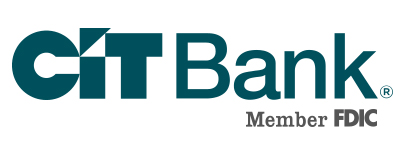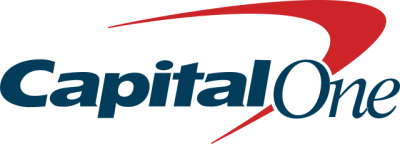Pros:
- Options of personal deposit accounts
- Low required opening amounts
- Business accounts available
- Variety of other products offered
Cons:
- Checking accounts have a monthly fee
- Low-interest rates on accounts
- Amount required to waive fees is high
- Tiered interest rates
Pros:
- No required balance or account fees
- High account interest rates
- Variety of terms lengths of CDs
- Personal loans available
Cons:
- Only savings account and CDs offered
- Must link accounts to another bank
- No ATM or debit card offered
- Opening balance for CDs is $500
Each type of personal deposit account has more than one option. There are four different checking accounts and three different savings accounts offered. This allows you to find the account to fit your needs best. There are only three different term lengths of CDs offered. A six-month, one-year, and two-year terms.
The HSBC savings accounts all require only $1 to open. The checking account does not have an amount required when you open the account. The HSBC CDs require $1,000 to open.
There are a wide variety of different business accounts offered through HSBC. Savings accounts, checking accounts, and CDs are all available through HSBC. There are loans and credit cards for businesses. There are options for corporate accounts. Different cash management options are also available.
Along with business accounts, HSBC offers a wide variety of other products. That includes credit cards and insurance. They offer options for investing and retiring. There are also different loan options to meet your needs.
HSBC checking accounts have a monthly fee. The fees range from $3 to $50 each month. Most of the fees can be waived by meeting certain requirements. One checking account only allows eight checks or withdrawal slips to be written. After those eight you are charged for each check you write.
Interest rates on HSBC accounts are not competitive. They are much lower than other online-only accounts. Their rates are competitive with other brick and mortar banks.
The amounts required to keep in HSBC checking accounts to waive the fees are high. The amounts range from $1,500 to $100,000, depending on which account you open. Some accounts allow the fee to be waived if you have a direct deposit into the account of certain amounts. Know the fees and requirements to waive the fees before you open an account.
To receive the highest interest rates offered on HSBC accounts you must have a large balance. The savings accounts require $100,000 to earn the best rates offered. Lower amount still earn interest, just a lower rate.
There is no required amount to open the account or to keep in the account. Marcus does not have monthly maintenance fees. You start earning interest on anything over $1 in the high yield savings account.
Marcus offers very competitive interest rates on their savings account and CD accounts. The interest rates are competitive with other online-only accounts. They are much higher than your typical bank rates.
Many different term lengths of CDs are available. Marcus offers nine different CD term lengths from six months to six years. The longer the term, the higher interest rate you earn. All the CD interest rates are very competitive with other online-only banks.
The personal loans offered through Marcus do not have fees. The loans are a fixed-rate interest loan. You can borrow up to $40,000. These loans can be to consolidate debt or for home improvement projects. The loans range in length from 36 to 72 months.
Marcus only offers deposit accounts of CDs and a high yield savings account. Checking accounts, money market accounts, and business accounts are not offered.
Since Marcus does not offer checking accounts, you cannot transfer money between Marcus checking and savings accounts. The easiest way to deposit money into your Marcus savings account is to link to an external bank account. You can also send a wire or check. Marcus does not charge a fee to send or receive a wire transfer, but the external bank might.
Marcus does not offer an ATM or debit card for the high yield savings account. To access your money, you must transfer the money back into your external bank account. You can also request a wire transfer.
To open any CD with Marcus, $500 is required. That amount opens the CD and is the amount needed to start earning interest. The interest rates vary depending on the term length of the CD. The longer the CD term, the higher the interest rates.


